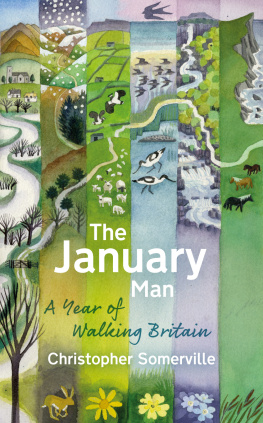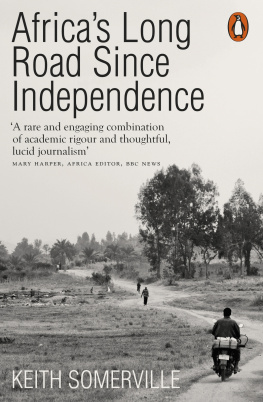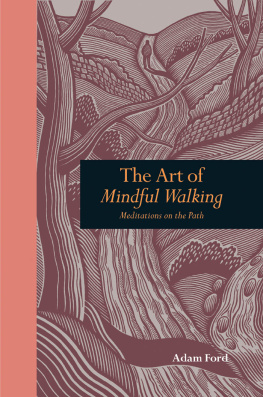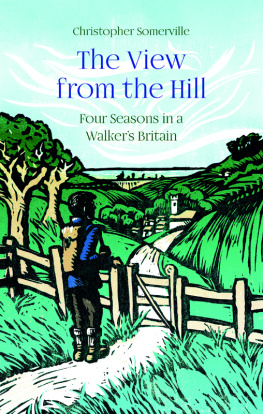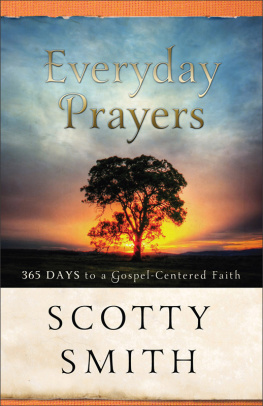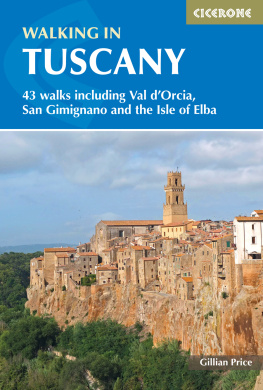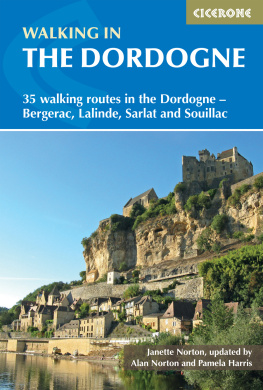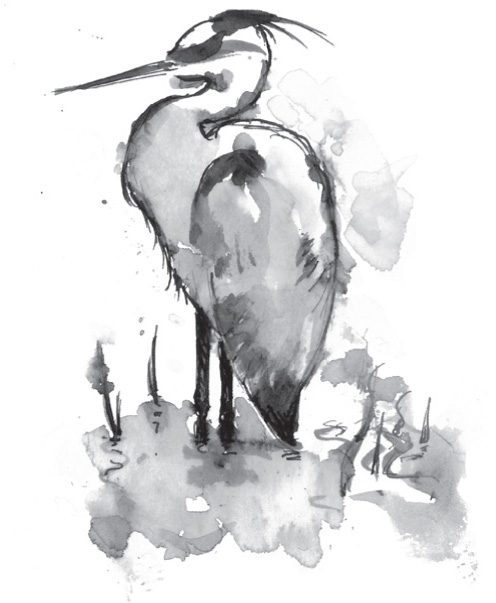Contents
Also by Christopher Somerville
The Road to Roaringwater: A Walk Down the West of Ireland
Coast: A Celebration of Britains Coastal Heritage
The Golden Step: A Walk through the Heart of Crete
Somervilles 100 Best British Walks
Britain and Irelands Best Wild Places: 500 Essential Journeys
Greenwood Dark: A Travellers Poems
The Living Coast: An Aerial View of Britains Shoreline
Somervilles Travels: Journeys through the Heart and Soul of Britain
Never Eat Shredded Wheat: The Geography Weve Lost and How to Find It Again
Where to See Wildlife in Britain and Ireland
The January Man
A Year of Walking Britain
Christopher Somerville
TRANSWORLD PUBLISHERS
6163 Uxbridge Road, London W5 5SA
www.penguin.co.uk
Transworld is part of the Penguin Random House group of companies whose addresses can be found at global.penguinrandomhouse.com
First published in Great Britain in 2017 by Doubleday
an imprint of Transworld Publishers
Copyright Christopher Somerville 2017
Christopher Somerville has asserted his right under the Copyright, Designs and Patents Act 1988 to be identified as the author of this work.
Passages from The Most Amazing Places in Britains Countryside (copyright The Readers Digest Association, Inc. 2009) and Complete Works of Bede (Delphi Classics, Hastings, UK, 2015) are quoted by kind permission.
Cover illustration and artwork by Carry Akroyd
Text illustrations by Richard Shailer
Every effort has been made to obtain the necessary permissions with reference to copyright material, both illustrative and quoted. We apologize for any omissions in this respect and will be pleased to make the appropriate acknowledgements in any future edition.
A CIP catalogue record for this book is available from the British Library.
Version 1.0 Epub ISBN 9781473527133
ISBN 9780857523631
This ebook is copyright material and must not be copied, reproduced, transferred, distributed, leased, licensed or publicly performed or used in any way except as specifically permitted in writing by the publishers, as allowed under the terms and conditions under which it was purchased or as strictly permitted by applicable copyright law. Any unauthorized distribution or use of this text may be a direct infringement of the authors and publishers rights and those responsible may be liable in law accordingly.
1 3 5 7 9 10 8 6 4 2
Dedicated to my father, John Somerville
and the man inside the man
The January Man
(Dave Goulder)
Oh the January man, he walks abroad in woollen coat and boots of leather;
The February man still wipes the snow from off his hair and blows his hands;
The man of March, he sees the Spring and wonders what the year will bring,
And hopes for better weather.
Through April rain the man goes down to watch the birds come in to share the Summer;
The man of May stands very still, watching the children dance away the day;
In June the man inside the man is young and wants to lend a hand,
And grins at each newcomer.
And in July the man in cotton shirt, he sits and thinks on being idle;
The August man in thousands takes the road to watch the sea and find the sun;
September man is standing near to saddle up and lead the year,
And Autumn is his bridle.
The man of new October takes the reins and early frost is on his shoulder;
The poor November man sees fire and wind and mist and rain and Winter air;
December man looks through the snow, to let eleven brothers know
Theyre all a little older.
And the January man comes round again in woollen coat and boots of leather,
To take another turn and walk along the icy road he knows so well;
The January man is here for starting each and every year
Along the way for ever.
Authors Note
I loved The January Man the very first time I heard it sung. It was around 1980, in the poky upstairs room of the Old Crown pub in Digbeth, in Birmingham city centre. Martin Carthy was the singer. I can see him now, his spare frame quivering, eyes closed, as he sang unaccompanied, slowly and with tremendous feeling:
Oh the January man, he walks abroad in woollen coat and boots of leather;
The February man still wipes the snow from off his hair and blows his hands;
The man of March, he sees the Spring and wonders what the year will bring,
And hopes for better weather
The January Man was so full of allegory, so elliptical and seasonal, that I took it to be a traditional song. I tried and failed to learn it. Then I forgot it. And it didnt recur to me until I began to plan a book of travels on foot in a great circle round the British Isles, each location chosen to suit a particular month. I hunted out Martin Carthys recording of the song, and as soon as I heard his rich and reedy voice I knew that this mysterious month-by-month parable of The January Man would be the cornerstone of the book.
Instead of being attributed to trad. arr. Carthy, as Id expected, the song was accredited to one Dave Goulder. It had been composed in 1966 or thereabouts, and had been sung and recorded by just about everyone who was anyone in the folk-music world. When contacted, Mr Goulder was charm itself in giving me permission to hang my book on the rather magical peg of his song.
The January Man provided inspiration of another kind, too. Many people of my generation (I was born in 1949) have struggled to make the sort of emotional connection with their fathers that they have taken for granted with their own children. The profound and often long-hidden effects of the Second World War, the reticence of that generation of men, their stiff upper lips and stoicism, were hard for their sons to break through. They offered a model of what it meant to be a man that set the bar unattainably high. For a start, they had saved the world from an evil fate. Follow that!
My father, John Somerville, was sent to the Royal Naval College at Dartmouth at the age of thirteen, and joined the Royal Navy when he was seventeen years old. He served in a destroyer in the Mediterranean through some of the worst and bloodiest months of the war, and never spoke about it. After the war he left the Navy to join Government Communications Headquarters (GCHQ), the secret establishment in Cheltenham, and never spoke a word about his work there. It was walking together that brought us closer. Walking promoted talking, and in the end produced a kind of understanding we came to value.
None of this is unique to my father and me. But the circular course of the journey I took, the cycle of the seasons, and the circle of a mans life so poetically expressed in Dave Goulders song, all point to a completion that one never ceases looking for.
January
Oh the January man, he walks abroad
in woollen coat and boots of leather

